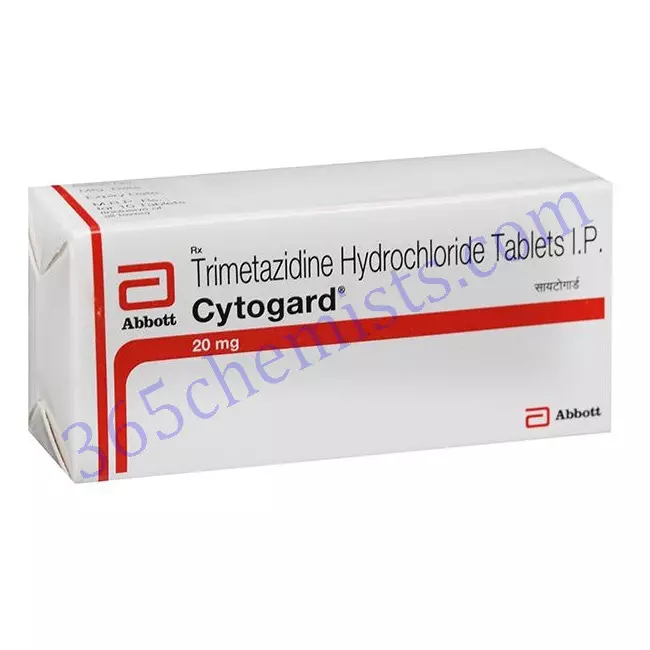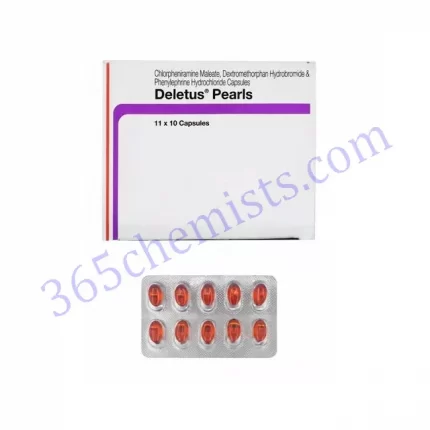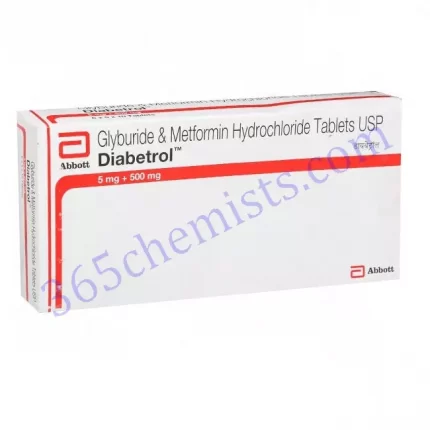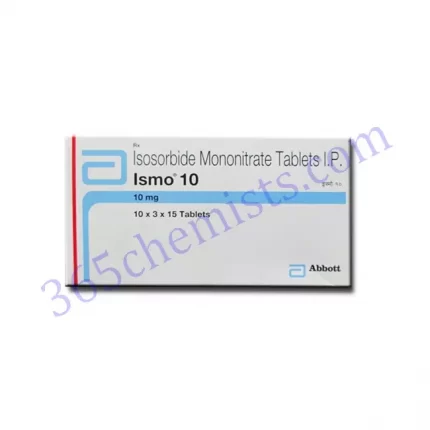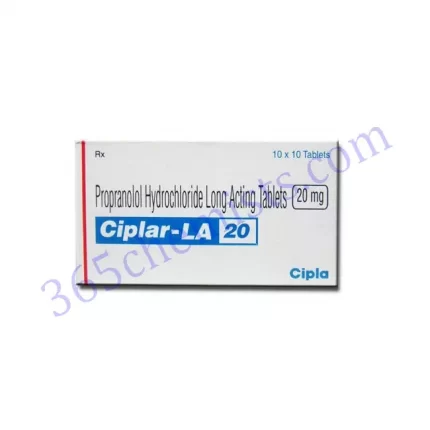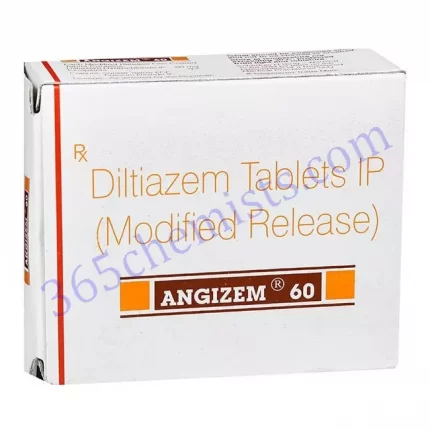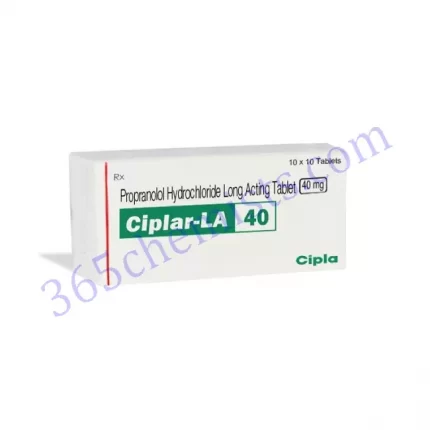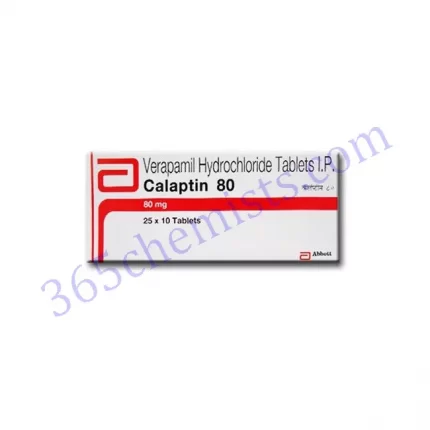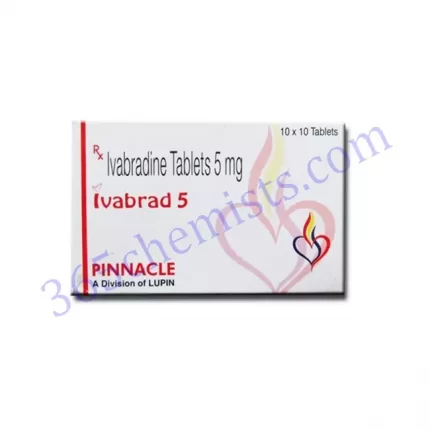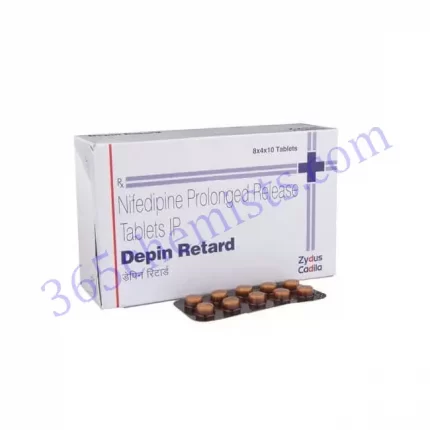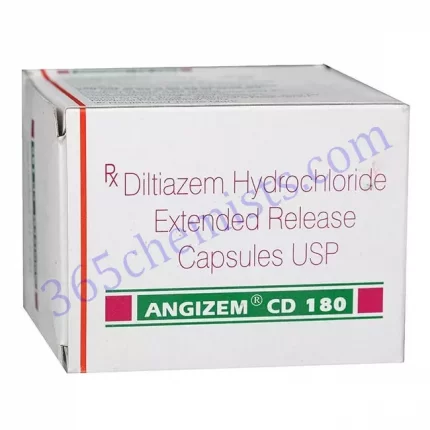Introduction
A pharmaceutical product called Cytogard 20mg Tablet, which has Trimetazidine as its active component, is used in the treatment of various cardiovascular conditions. The anti-ischemic drug trimetazidine enhances the energy metabolism of cardiac cells. In-depth information about Cytogard 20mg Tablet, including its composition, mechanism of action, therapeutic applications, suggested dosage, and possible side effects, is provided in this article.
Composition
The active component in each Cytogard 20mg Tablet is 20 milligrammes of trimetazidine dihydrochloride. Along with these active ingredients, the tablet also includes lactose monohydrate, microcrystalline cellulose, and magnesium stearate.
Mechanism of Action
Trimetazidine enhances cardiac energy metabolism by working at the cellular level. The long-chain 3-ketoacyl coenzyme is inhibited by it. a thiolase enzyme that changes the metabolic process of the cell from the oxidation of fatty acids to the oxidation of glucose. Trimetazidine aids in maintaining energy production under ischemic conditions by improving glucose utilisation in the heart. Trimetazidine additionally has antioxidant qualities that guard cardiac cells from oxidative stress. Its anti-ischemic effects are attributed to all of these mechanisms.
Therapeutic Uses
The main indication for Cytogard 20mg Tablet is the treatment of angina pectoris, a condition characterised by chest pain or discomfort brought on by inadequate heart blood flow. Trimetazidine enhances myocardial metabolism and lowers oxygen demand, which lessens angina symptoms. When patients don’t get enough symptom relief from or are intolerant to standard therapies like beta-blockers or calcium channel blockers, it is used as a backup plan. But it’s crucial to remember that Cytogard 20mg Tablet should only be consumed under a doctor’s guidance.
Related Product
Cytogard 20mg Tablet
Cytogard OD Capsule
Dosage Guidelines
Depending on the patient’s unique medical condition and the dosage of Cytogard 20mg Tablet (Trimetazidine), there may be variations in the recommended dosage. It’s crucial to adhere to the directions given by the medical professional who prescribed the medication. Typically, a dose of one tablet (20 mg) taken twice daily, preferably with meals, is advised. The tablet should not be chewed or crushed; it should be swallowed whole. Depending on the patient’s response to treatment, the dosage may be changed, but it shouldn’t go above the maximum daily dose of 60 mg.
Side Effects
While Cytogard 20mg Tablet is typically well tolerated, some people may experience some side effects. GI disturbances like nausea, vomiting, and abdominal pain are typical side effects. Usually minor and brief, these side effects disappear as the body gets used to the medication. It is crucial to speak with a medical expert if these side effects persist or start to bother you. Trimetazidine can occasionally result in more severe negative side effects like allergic reactions, lightheadedness, or changes in liver function. It is important to seek immediate medical attention if any of these serious side effects manifest.
Conclusion
An anti-ischemic drug called Cytogard 20mg Tablet (Trimetazidine) is used to treat angina pectoris. Trimetazidine lessens angina symptoms by enhancing cardiac energy metabolism and lowering oxygen demand. However, it’s crucial to use this medication under a doctor’s supervision and to be aware of any possible side effects. Patients can make educated decisions about their cardiovascular health by understanding its composition, mechanism of action, therapeutic uses, dosage recommendations, and potential adverse reactions. Keep in mind that this information is being provided as an overview and shouldn’t be used in place of seeking professional medical advice. Always seek the advice of a medical professional for personalised advice and treatment alternatives catered to your particular needs.In conclusion, the treatment of angina pectoris is greatly aided by the use of the drug Cytogard 20mg Tablet (Trimetazidine). Trimetazidine lessens angina symptoms by enhancing cardiac energy metabolism and lowering oxygen demand. However, it’s crucial to use this medication under a doctor’s supervision and to be aware of any possible side effects. Patients can make educated decisions about their cardiovascular health by understanding its composition, mechanism of action, therapeutic uses, dosage recommendations, and potential adverse reactions. Keep in mind that this information is being provided as an overview and shouldn’t be used in place of seeking professional medical advice. Always seek the advice of a medical professional for personalised advice and treatment alternatives catered to your particular needs.

